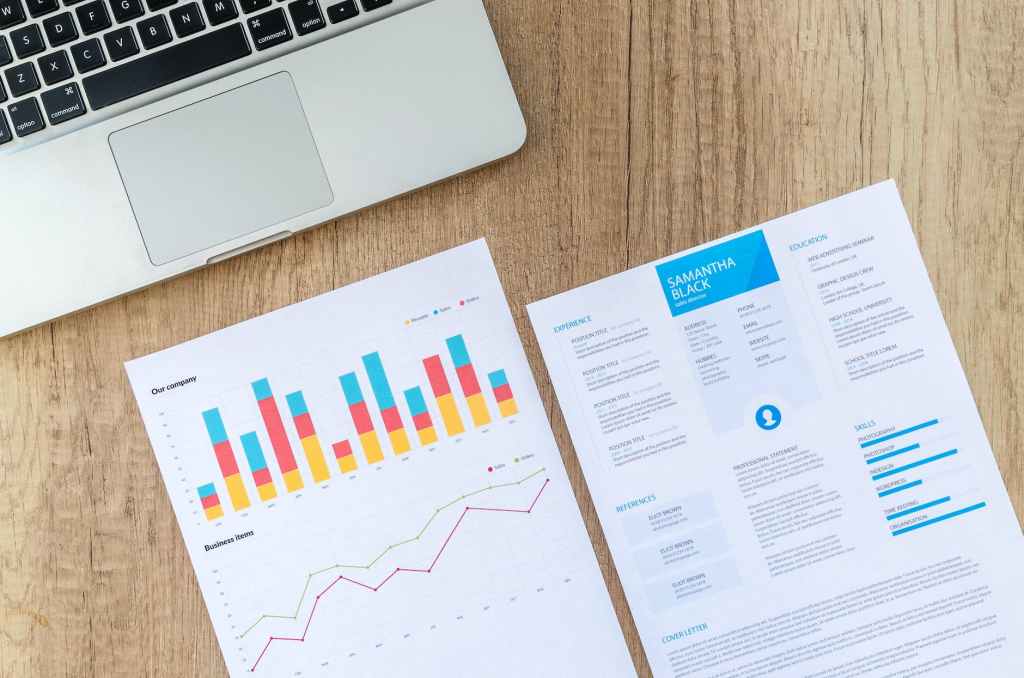Artificial intelligence (AI) is a rapidly evolving field that is reshaping industries and revolutionizing the way we live and work. From self-driving cars to personalized recommendations on streaming platforms, AI is becoming increasingly integrated into our everyday lives.
One of the key advantages of AI is its ability to process and analyze vast amounts of data much faster and more accurately than humans. This has been particularly useful in fields such as healthcare, finance, and logistics, where AI-powered systems can make predictions and decisions with a high degree of accuracy.
In healthcare, AI is being used to develop more personalized treatment plans for patients based on their medical history and genetic makeup. It can also help doctors diagnose diseases more quickly and accurately by analyzing medical images and patient data.
In finance, AI is being used for fraud detection, risk assessment, and algorithmic trading. By analyzing market trends and data in real-time, AI systems can make split-second decisions to buy or sell stocks, helping investors maximize their profits.
In logistics, AI is being used to optimize supply chains and delivery routes, reducing costs and improving efficiency. AI-powered systems can analyze real-time data on traffic conditions, weather forecasts, and other factors to provide the most efficient route for delivery trucks.
Despite the many benefits of AI, there are also potential risks and challenges that need to be addressed. One of the biggest concerns is the impact of AI on jobs, as automation and AI-powered systems could lead to job losses in certain industries.
There are also ethical concerns surrounding the use of AI, such as bias in algorithms and the potential for misuse of AI-powered tools for surveillance and control.
As AI continues to advance, it is important for policymakers, businesses, and researchers to work together to ensure that AI technologies are developed and deployed in a responsible and ethical manner.
Overall, AI has the potential to transform industries, improve efficiency, and enhance our quality of life. By understanding the opportunities and challenges of AI, we can harness its power to create a more innovative and sustainable future.



